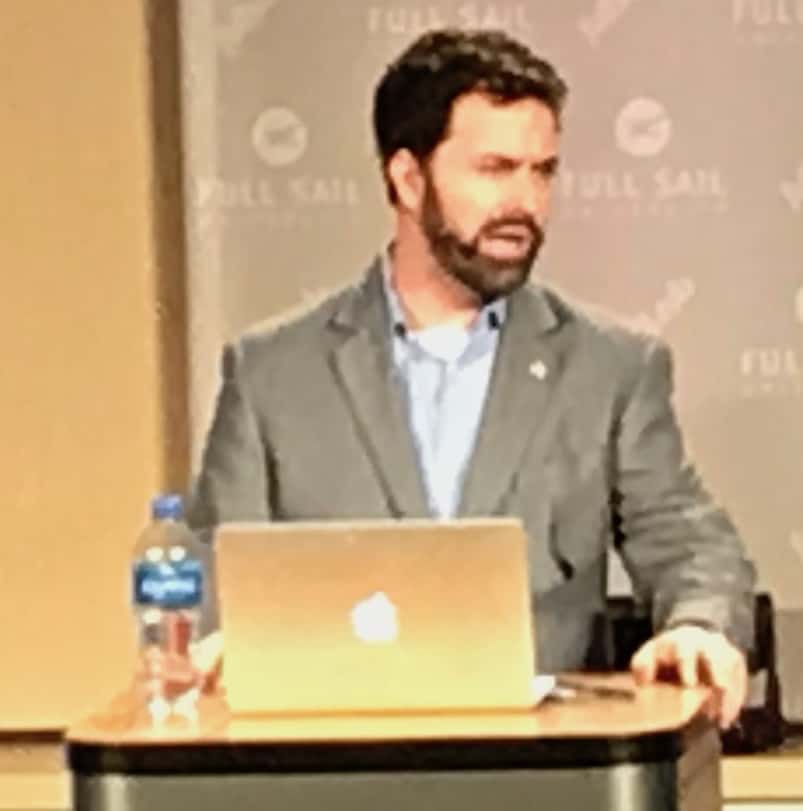 Often times, I work with executives or companies who have met most of their goals and aspirations. They are already captains of industries, steadfast in the apogee of their careers. Sure, there is always somewhere to improve, something to get better at. But these are by and large folks who have achieved success and in some cases have built fortunes as well.
Often times, I work with executives or companies who have met most of their goals and aspirations. They are already captains of industries, steadfast in the apogee of their careers. Sure, there is always somewhere to improve, something to get better at. But these are by and large folks who have achieved success and in some cases have built fortunes as well.
It is far too easy from an outside perspective to assume that they have it all. But, when you dig a bit deeper and look a little closer, you will see that is not the case. In late-night conversations, in quiet times of reflection, or when no one is looking, there is something gnawing. Something persistent. Something that is not often shared with anyone.
What is often left unspoken is the question of the meaning. What is the meaning of our work?
It’s a universal thought. It’s human nature. And it happens to everyone. From the bricklayer to the accountant. From the attorney to the construction worker. In a moment of reflection, everyone looks for meaning in their work.
And how can we not? Today, the stakes are higher than ever. Time spent away from family and friends while at work can be enormous. The sacrifices can be substantial. The commitments of earning a living can add up to a lifetime of regrets.
It’s usually at this point that the search for meaning menacingly turns into an attack on making money. Money can’t buy happiness, right? In other words, if the meaning of our work is only financial, then sure, that might be true. But I argue that making money is seldom the only goal. In fact, making money is a by-product of a search for meaning. It’s just one of the fruits we hopefully pick up along the way because there is a far more substantial undercurrent than making a living at play here. And it is as old as time.
The search for meaning is as ancient as the human condition. Our eldest ancestors looked for meaning in the stars. To them, clouds turning to rain meant some misfortune (or fortune), and a successful hunt meant perhaps a great spring season was in store. They attached meaning to just about everything. It gave them comfort. But do these things truly have meaning?
I’m pretty sure our ancestors hadn’t figured it out. And I don’t think that we will either, my dear readers. But there are certain ways of looking at meaning that will always have value. We can take comfort in this like our ancestors had. And this is what I share with the folks I work with.
The markers of meaning in a creator mindset are things that make us inherently human. Empathy is a big one. Same with humor. Spirituality. Emotion. Creativity is a cornerstone. Forethought. Storytelling.
It’s up to you to use these elements to create and embed meaning in your line of business, no matter what it is that you do. In a modern day race to seemingly demonize capitalism, note that all the above markers exist harmoniously with making as much money as you please. They, in fact, enhance it. Understanding that meaning and making a living can go hand in hand is one of the cornerstones of the creator mindset.
With the Fourth of July upon us, it is hard not to think of how good we have it here in America. We are blessed to be living in one of the most monumental experiments of all time, free men and women living together under our Constitution. Irrelevant of race, color or creed, that same Constitution enables us the freedom to ponder such things as meaning. And it is our destiny, armed with these uniquely human markers of meaning, to go out and live the best life we can possibly live, one rich and deep in meaning.
Nir Bashan is an executive creative director/managing director with over 18 years of advertising, entertainment and business development experience. He helps teach folks in non-creative fields how to think creatively to solve problems. He leads workshops and lectures on topics relating to The Creator Mindset. He is publishing a book on The Creator Mindset, which will be released soon. Visit nirbashan.com for more information.


